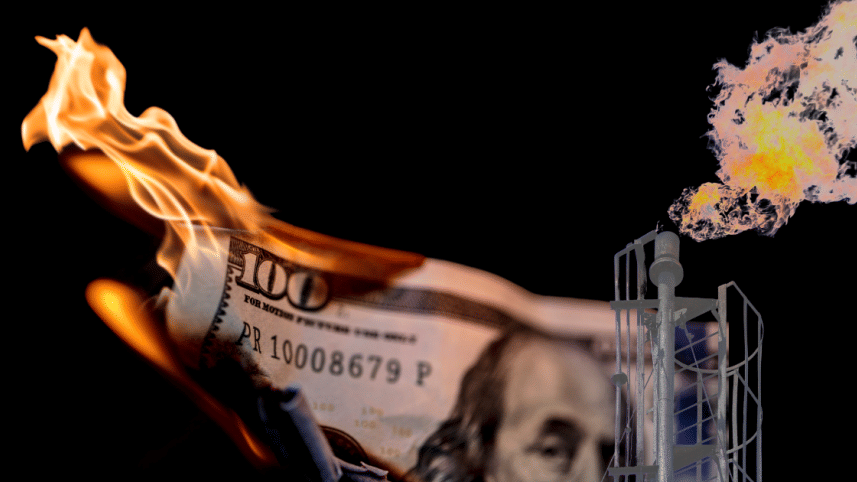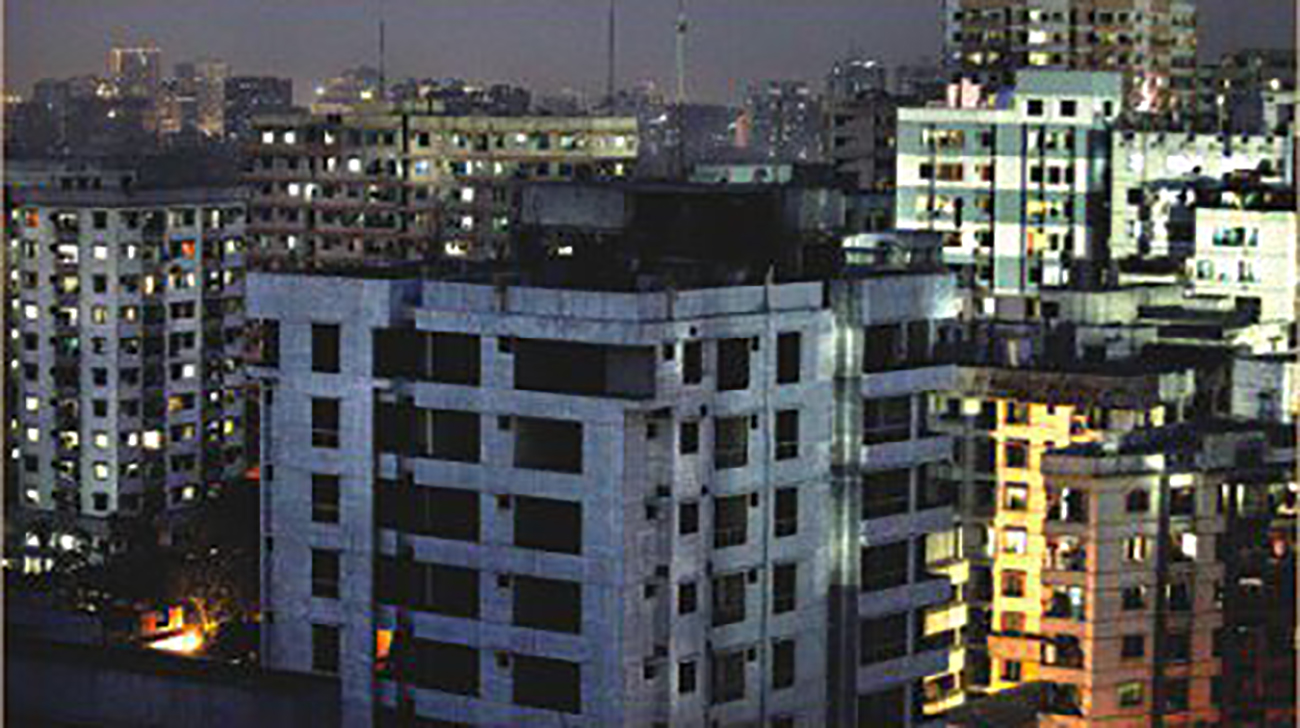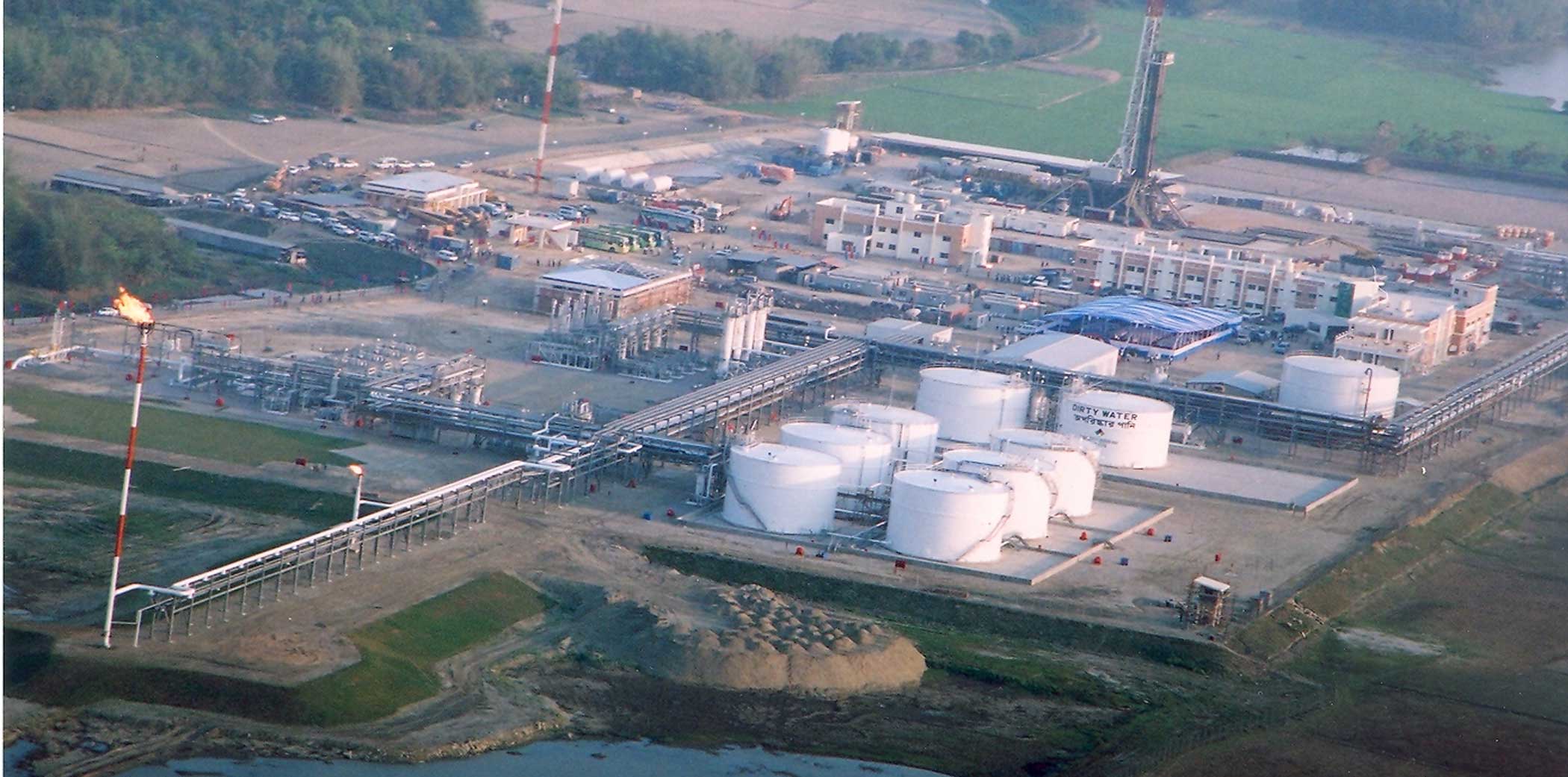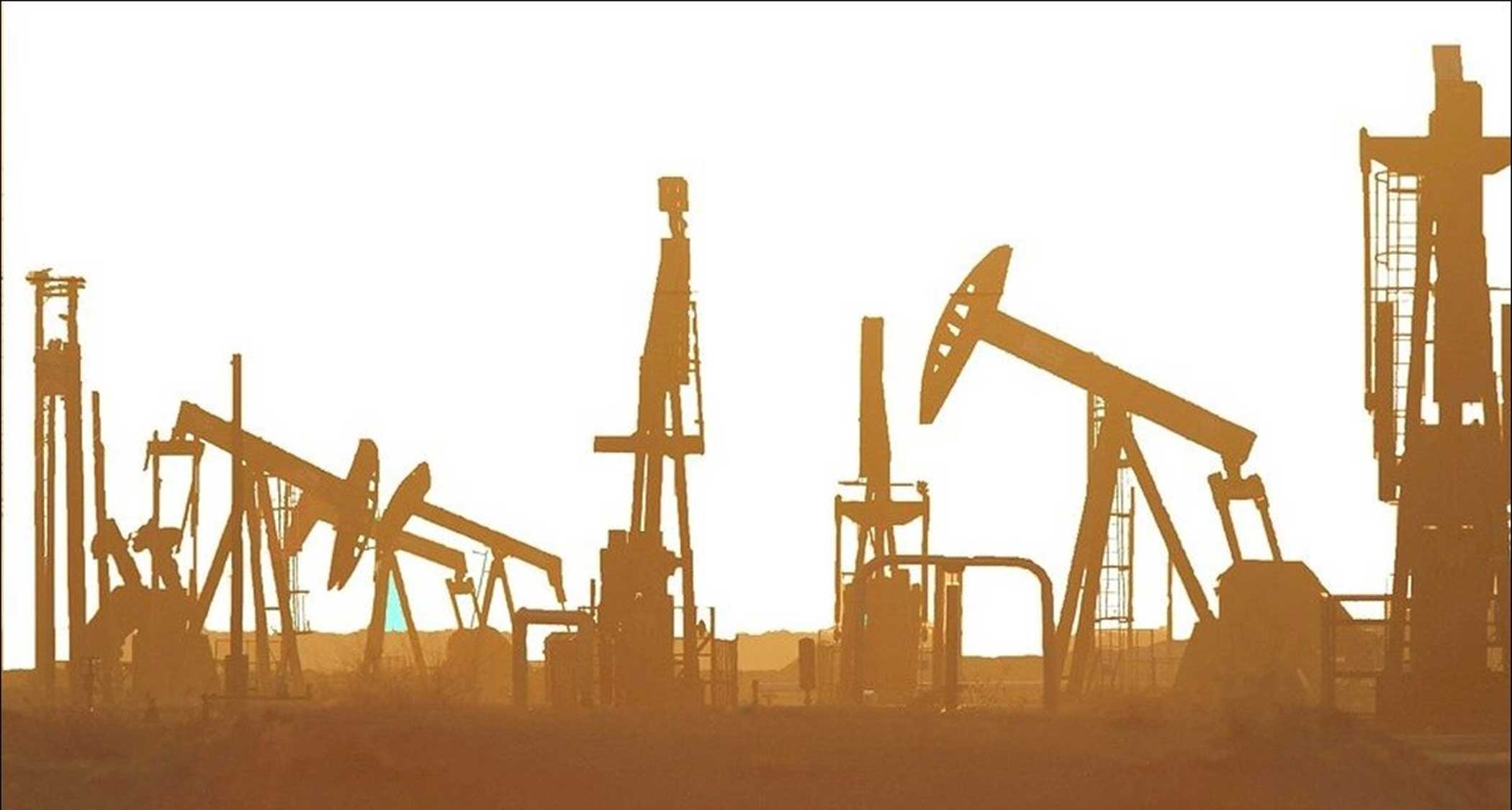Why is there a gas crisis in a country that is gas-rich?

Bangladesh, at present, has enough power generation capacity to claim that its "electricity to all" campaign is a success, and to make load-shedding a thing of the past. But that is unfortunately not the case, and load-shedding has once again become a daily affair.
There are three important questions to ask. First, why is enough power not being generated, despite the capacity being there? The answer is simple. There has been a shortage of gas required to run the power plants. Secondly, why is there a shortage of gas in a country that is supposed to be rich with gas? The answer is again quite simple. We have done minimum exploration over the last 20 years. But for the third question – why didn't we do enough exploration? – the answer is rather complicated. Is it because of the failure of the policymakers to act when gas reserves started to show signs of depleting? Is it because of the poor capability of the gas exploration agencies to add new reserves to replace the depleted ones? Or is it because vested interests have influenced the authorities not to enter into large scale exploration so that the gas import business can continue to benefit?
The excuse that the present gas crisis and the consequent decline in power generation are solely the results of the Russia-Ukraine war is not entirely justified. The current gas crisis in the country was not inevitable, but is the result of not doing enough to find and lift the gas from below the ground. Bangladesh comprises one of the largest deltas in the world, meaning that the area is inherently prone to having natural gas. The reason that deltas around the world are always rich in hydrocarbon gas and oil is the presence of factors favourable for their generation and accumulation on the subsurface. This is exemplified by the Niger Delta, the delta on the US Gulf Coast, and the Mahakam Delta, to name a few. There is no scientific evidence to support the notion that Bangladesh is running out of its gas resources. This argument has been put forth by a group of people who believe that their businesses will be hampered if local gas sources are made abundantly available for consumption.

Several internationally reputed organisations, that have geologically evaluated the volume of yet to find or undiscovered gas resources in Bangladesh, have testified that there is more natural gas remaining in the underground than the volume already extracted and consumed in the country. The United States Geological Survey (USGS) and Petrobangla joint assessment suggest that the volume of undiscovered natural gas in Bangladesh is about 32 Tcf on average, based on a two-year long study. The Norwegian Petroleum Directorate (NDP), the state-controlled oil and gas company of Norway, suggested that there is about 42 Tcf of undiscovered gas in Bangladesh. The NDP carried out its study in collaboration with a Bangladeshi counterpart, the Hydrocarbon Unit (HCU) under the ministry of energy and power. More recently, Ramboll, a European oil and gas consultant, suggested that there is about 34 Tcf of undiscovered gas in Bangladesh. Bangladesh consumes about 1 Tcf gas per year, meaning 34 Tcf will last us for at least 30 years.
One important parameter to judge the degree of exploration in an area is the number of exploratory wells drilled. In that regard, Bangladesh falls far behind any petroleum basin in the world. Exploration rate in the developed nations is generally much higher than the developing ones, so it is probably not right to compare Bangladesh with the USA, Norway, or Australia for that matter. Comparing Bangladesh with the neighbouring Indian state of Tripura probably makes more sense. Bangladesh has an area of 147,000 sq.km and has so far drilled about 100 exploratory wells in total. Tripura, on the other hand, has an area of 10,000 sq.km and has drilled more than 150 exploratory wells. Such statistic shows how poor the rate of exploration in Bangladesh actually is. Yet, Bangladesh discovered more gas reserves than Tripura.
A few years ago, the authorities announced a plan to drill 55 exploratory wells in five years. But within a couple of years, the plan was scrapped without explanation. Bangladesh has been categorised as one of the least explored countries in the world. Only one third of the onshore area of Bangladesh has been explored for gas, and its success of discovering gas has been way above the world average.
Bangladesh has a large offshore area for gas exploration, which has been divided into 26 exploration blocks. In order to engage international oil companies in offshore exploration, in 2015, Petrobangla initiated a plan to engage an international service company to carry out seismic survey (multiclient survey) and to produce a database which would then be used to negotiate with foreign oil companies. A national expert committee was formed to select the best qualified service company for the job. But for unknown reasons, the selection was nullified. After the previously selected company again qualified for a second round of selection, the whole process was mysteriously stopped from moving forward. Years of inaction led to offshore exploration stalling in Bangladesh. The seismic survey was not done, and the stalemate prevails till date.
At present, only one consortium of Indian oil companies is engaged in offshore exploration under the operatorship of the Oil and Natural Gas Corporation, which drilled only one well in seven years. A few other international oil companies came, but discontinued their work due to contractual disagreements with Bangladesh. One of them presented its geological interpretation of its block SS-11, in the annual conference of the Southeast Asia Petroleum Exploration Society (SEAPEX) in Singapore in 2019, and showed how similar the geological structures and gas potentials in this block are to those of the already discovered gas fields in parts of Rakhine, Myanmar. With such similarities, many geoscientists believe that the next group of large gas fields will be discovered in offshore Bangladesh, adjacent to the offshore Rakhine Basin. But for that to happen, exploration is required, which we have not done.
Dr Badrul Imam is a former professor at the Department of Geology of Dhaka University.



 For all latest news, follow The Daily Star's Google News channel.
For all latest news, follow The Daily Star's Google News channel. 


Comments